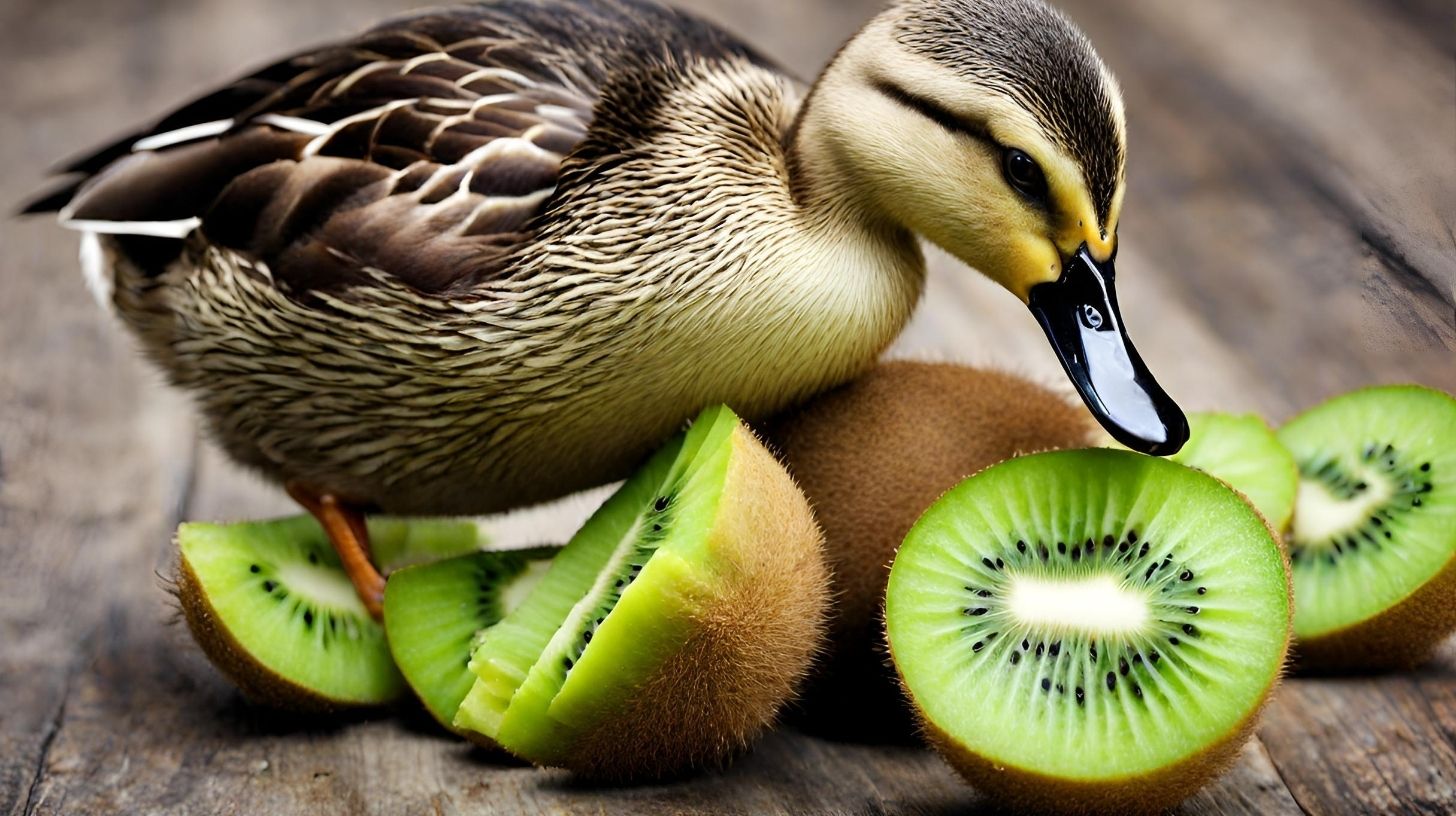Can You Potty Train A Duck? Expert Advice!

Table of content:
Duck owners often wonder if it’s possible to potty train their pet ducks. While ducks can’t be housebroken in the same way as dogs or cats, they are intelligent animals that can learn to use a litter box or go outside to relieve themselves. With time, patience and consistency, potty training a duck is an achievable goal.
How to Potty Train a Duck
Potty training a duck requires starting the training early, using positive reinforcement techniques, and providing ample opportunity for the duck to relieve itself in the proper area. Here are some tips for potty training ducks:
Start Young
It’s easiest to start potty training when a duckling is young, around 4-6 weeks old. At this age, ducks are more receptive to training. Get them used to going in a litter box right away before bad habits develop.
Choose the Right Litter Box
Get a wide, low-sided litter box that allows easy entry and exit for a duck. Line it with pine shavings, straw or shredded paper. Place it in a corner of the main living area so it’s easily accessible.
Reward Good Behavior
Whenever the duck uses the litter box, offer praise and give treats. This positive reinforcement helps the duck associate the litter box with good things happening.
Limit Access
When you can’t supervise the duck, limit access to larger living areas until potty training improves. Keeping them in an enclosed space or pen reduces accidents around the house.
Let Them Out Frequently
Allow outdoor breaks frequently to encourage the duck to relieve itself outside. Offer treats when they go potty outside to reinforce the behavior.
Use a Crate
When you can’t watch the duck, put them in a properly sized crate to prevent indoor accidents. Don’t keep them crated too long though.
Be Patient
Potty training requires regular repetition and reinforcement. Don’t punish accidents, just go back to basics and provide more opportunities for success. Eventually the training will click.
Use a Diaper
For a quick fix to accidents, duck diapers can collect waste but don’t actually train. Use them alongside other methods to keep your home clean while training.
Clean Up Accidents
Use an enzymatic cleaner to remove odors that might attract the duck back to the same spot to go again.
Troubleshooting Potty Training Ducks
Potty training a duck doesn’t always go smoothly. If you encounter problems, here are some tips for troubleshooting:
- If the duck avoids the litter box, put it in a corner spot that feels more private and safe.
- Add a layer of bedding or hay in the box to make it more inviting.
- Clean accidents thoroughly with an enzymatic cleaner to remove all odor traces.
- Reduce roaming freedom until the duck is consistently using the litter box.
- If the duck goes in multiple spots, reduce space further and take them out more often.
- Make sure the litter box is cleaned regularly to keep it hygienic.
- Consider adding a second litter box in another corner.
- Go back to basics with reward-based training until the duck gets it.
- If another pet is interfering with training, keep them separated.
With continued reinforcement and training adjustments, most ducks can learn to use a designated potty area in or outdoors. Stay positive throughout the process.
Supplies for Potty Training Ducks
Having the proper supplies can make potty training a duck easier:
- Litter boxes – Low-sided, wide litter box the duck can easily enter.
- Litter – Pine shavings, straws, and shredded paper towels work well.
- Crate – Properly sized dog crate to restrict space when needed.
- Enzymatic cleaner – Removes all odor from accidents.
- Duck diapers – Provides backup for accident prevention.
- Treats – Healthy bites to reward desired behaviors.
- Water bowl – Provide fresh water at all times.
- Food bowl – Feed on a consistent schedule.
Having the right tools helps set your duck up for potty training success.
Benefits of Potty Training Ducks
Taking the time to potty train a duck can provide many benefits:
- Allows ducks more indoor time interacting with family.
- Keeps your home clean without duck accidents.
- Gives the duck more living space and stimulation.
- Creates a stronger bond through positive training.
- Ducks learn good household manners.
- Reduces health risks from exposure to excrement.
- Ducks become more confident using designated areas.
- Adds convenience for the owners.
Potty training results in a happier, healthier pet duck that can spend more quality time with you inside your home.
While most people don’t consider potty training when they get a duck, it is possible to teach ducks to use a designated area either indoors or outdoors. Potty training takes time and consistency, but ducks are intelligent and trainable when positive methods are used. With the right setup and rewards-based training techniques, a duck can learn to take care of their business neatly in a litter box or outside. This allows them to spend more time interacting with their family inside the home. With proper preparation and patience, potty training a duck can be a fun, rewarding experience for both pet and owner.
Final Thoughts
Potty training a duck may seem unusual, but with some creativity and persistence, it can be done! Focus on positive reinforcement, setting them up for success, and preventing accidents. Ducks want to bond with their families – potty training allows them more time to waddle around the house without making a mess. So equip yourself with the proper supplies, commit to consistency, and in due time, you can have a duck using the potty like a pro. The end result is a feathered friend with the freedom to spend their days splashing in pools of water and their nights cuddling contently on the couch.
Welcome. I’m Adreena Shanum, the proud owner of this website, and I am incredibly passionate about animals, especially poultry. I founded adreenapets.com as a labor of love, stemming from my desire to share my knowledge and experiences with poultry enthusiasts worldwide.




